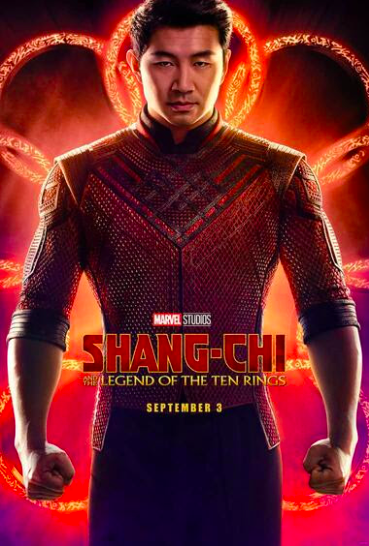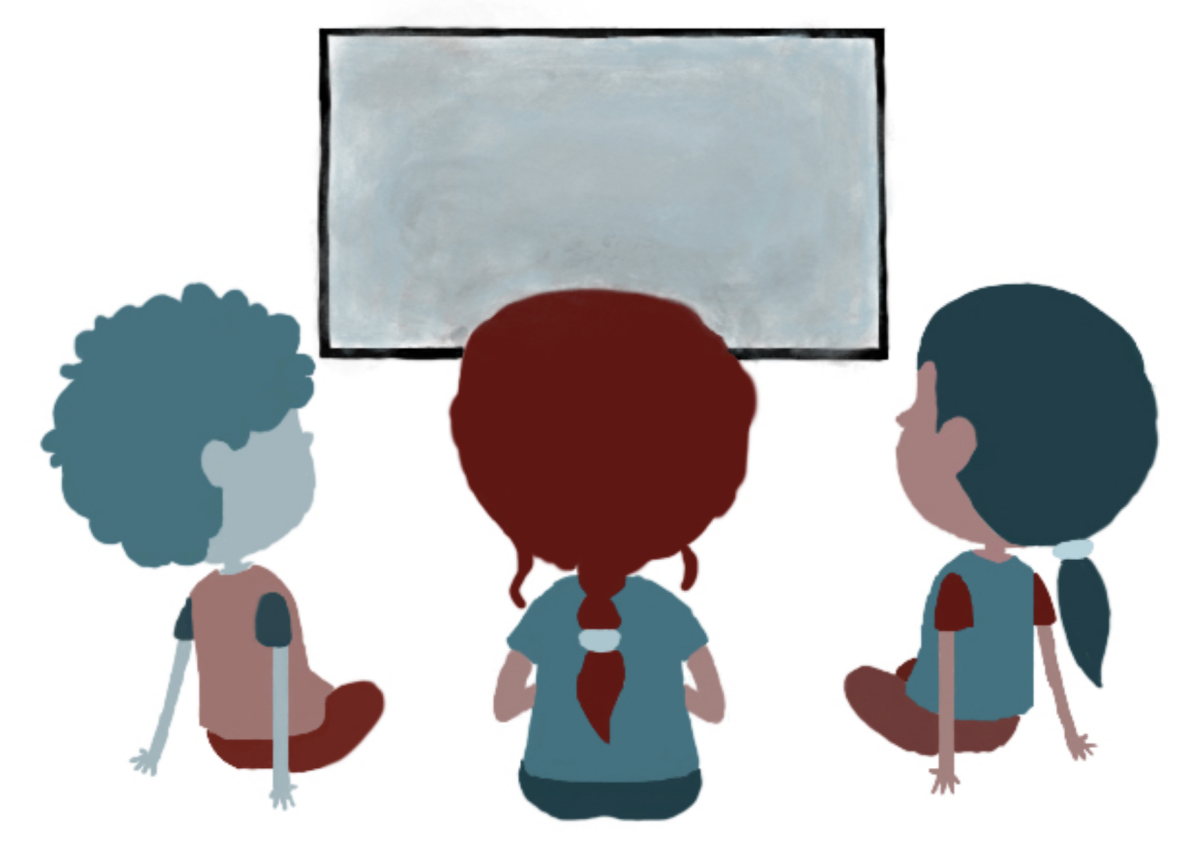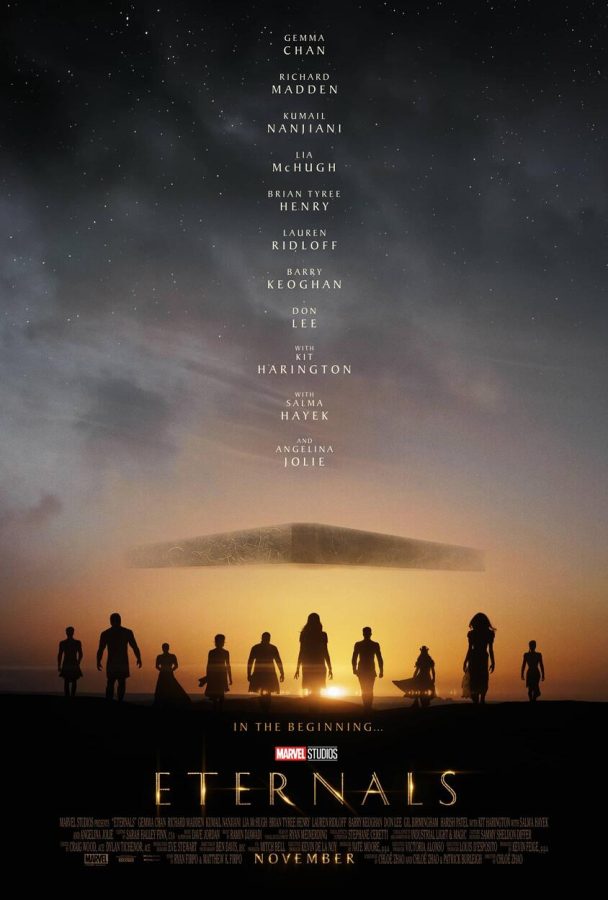The beginning of September marked the debut of Marvel’s latest film, “Shang-Chi and The Legend of the Ten Rings,” which introduces the first Asian-American lead in Marvel’s thirteen year history. It also features a majority Asian cast and creation team, with actors Simu Liu, Awkwafina, Tony Leung Chiu-wai and Benedict Wong, along with co-writer and director, Destin Daniel Cretton. Following its release Sept. 3, “Shang-Chi and The Legend of the Ten Rings” broke a box office record, gaining over $70 million in just 3 days.
However the movie was released under apprehensive circumstances, with many Marvel fans taking to various social media platforms to express concern over the promotion, or rather lack thereof, that “Shang-Chi” seemed to be receiving. Among the concerned, there also stood the ignorant, people who still felt the need to ask why. Why is representation so important?
Hollywood has a notorious history of displaying various harmful stereotypes of minority groups. Oftentimes these stereotypes were portrayed by white actors/actresses who didn’t realize the degree of offense their roles were causing because it was such a common occurrence. When focusing on Asian portrayals in film, you get numerous harmful, and entirely incorrect, stereotypes from yellowface to the oversexualization of Asian women, to mumbled gibberish made to sound like Mandarin or Cantonese. These stereotypes being portrayed in large blockbuster films only furthered the prejudices people already possessed about Asian-Americans, and normalized pointing out these prejudices as subjects for mockery.
The introduction of Shang-Chi however, breaks through these stereotypes within the first ten minutes, by having the entire opening sequence explaining the origin of the Ten Rings in perfect Mandarin, delivered by Fala Chen, who plays Shang-Chi’s mother. It signifies the respect and care taken by the actors and creators to accurately represent and honor Chinese culture in this film. Accurate representation is crucial in the media, and production companies with as much influence as Marvel should have an obligation to represent their entire fanbase — not simply cater to the predominantly white side of it. That is why it was a relief to viewers everywhere when “Shang-Chi” hit the screen with culturally accurate costumes, sets and dialogue.
“Shang-Chi and The Legend of the Ten Rings” is a significant step towards a wider array of BIPOC representation in Marvel films. Many fans now call for superheroes of other races and ethnicities, hoping to see themselves represented as well. The necessity of representation should be obvious, the world is not made up of one singular group of people that deserve to be represented more than others. Having multiple different races as leads in shows is not “forced” diversity, it’s accurate. “Shang-Chi” brings the media closer to normalizing diversity in film, and sets the stage for the release of “The Eternals” in November, and “Ms. Marvel” which features Marvel’s first on-screen Muslim and Pakistani-American character.















